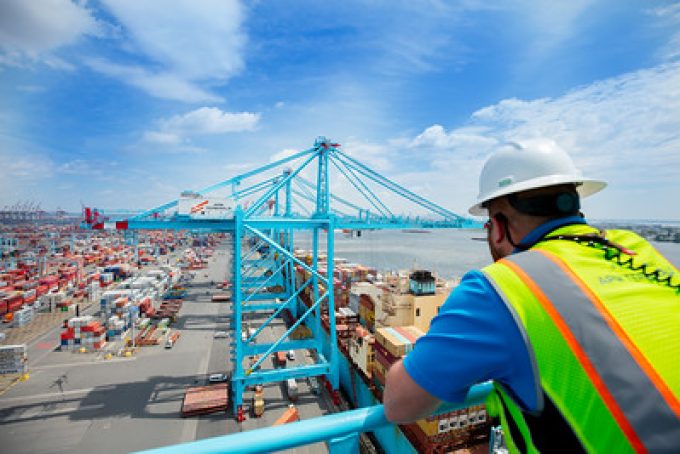Tariffs stymied: From Nixon to Trump 2.0 – Supreme Court beckons
Trying to stop the steamroller

US ports, facing millions of dollars in extra costs due to the 1 August 25% tariff on Chinese-made container cranes, may get a last-ditch reprieve.
The tariff, a little more than two weeks away, is likely produce some $131m in extra costs applied to several ports ...

Comment on this article